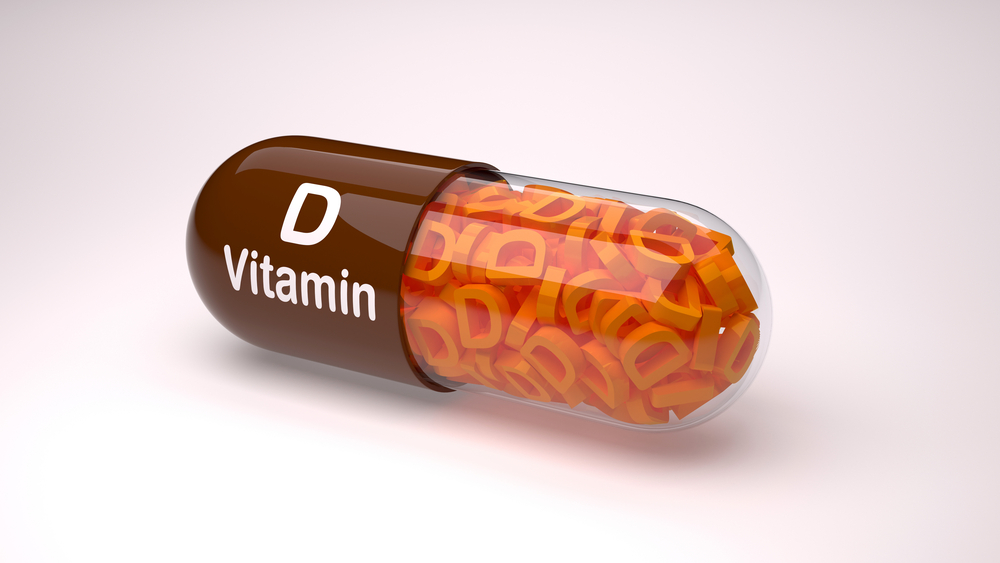Yes, more evidence that Vitamin D is good for you
A study by Arayici and colleagues just released in the journal “Nutrients”* summarizes the pooled analysis of numerous meta-analyses of serum 25(OH)D levels, vitamin D intake and cancer risk. The researchers found that higher 25(OH)D levels were linked to a lower risk of developing cancer (OR = 0.8; 95% CI, 0.72-0.89), and that higher serum 25(OH)D levels were associated with a 26% reduction in cancer mortality (RR = 0.74, 95% CI, 0.69-0.8). Vitamin D intake itself was linked to an 11% reduced mortality risk (RR = 0.89, 95% CI, 0.85-0.93). I can only assume that, due to significant variations between individuals in vitamin D metabolism, the intake of Vitamin D is less correlated with cancer development and outcome than actual serum serum 25(OH)D levels.
Nearly every one of my patients with a chronic wound says, “I take Vitamin D,” but as I’ve mentioned before, the current recommended daily dose of Vitamin D is probably far too low (due to an error in the way that the original studies were analyzed). In other words, most people just don’t take enough. I’ve also mentioned the fact that it can be hard to get insurance to pay for a 25(OH)D level (hint – insurance seems to accept a risk of failing as a reason for the test…)
I’ve blogged previously about the vital importance of Vitamin D for wound healing:
COVID survival & the development of diabetes:
…and now cancer risk, this insurance barrier is frankly ridiculous:
At any rate, Arayici and colleagues concluded that, “…vitamin D intake and high serum 25(OH)D levels can significantly reduce the incidence and mortality of various cancers.” So, I will keep ordering 25(OH)D levels, and fighting with insurance about covering it.
*Vitamin D Intake, Serum 25-Hydroxyvitamin-D (25(OH)D) Levels, and Cancer Risk: A Comprehensive Meta-Meta-Analysis Including Meta-Analyses of Randomized Controlled Trials and Observational Epidemiological Studies. Nutrients 2023, 15(12), 2722

Dr. Fife is a world renowned wound care physician dedicated to improving patient outcomes through quality driven care. Please visit my blog at CarolineFifeMD.com and my Youtube channel at https://www.youtube.com/c/carolinefifemd/videos
The opinions, comments, and content expressed or implied in my statements are solely my own and do not necessarily reflect the position or views of Intellicure or any of the boards on which I serve.



